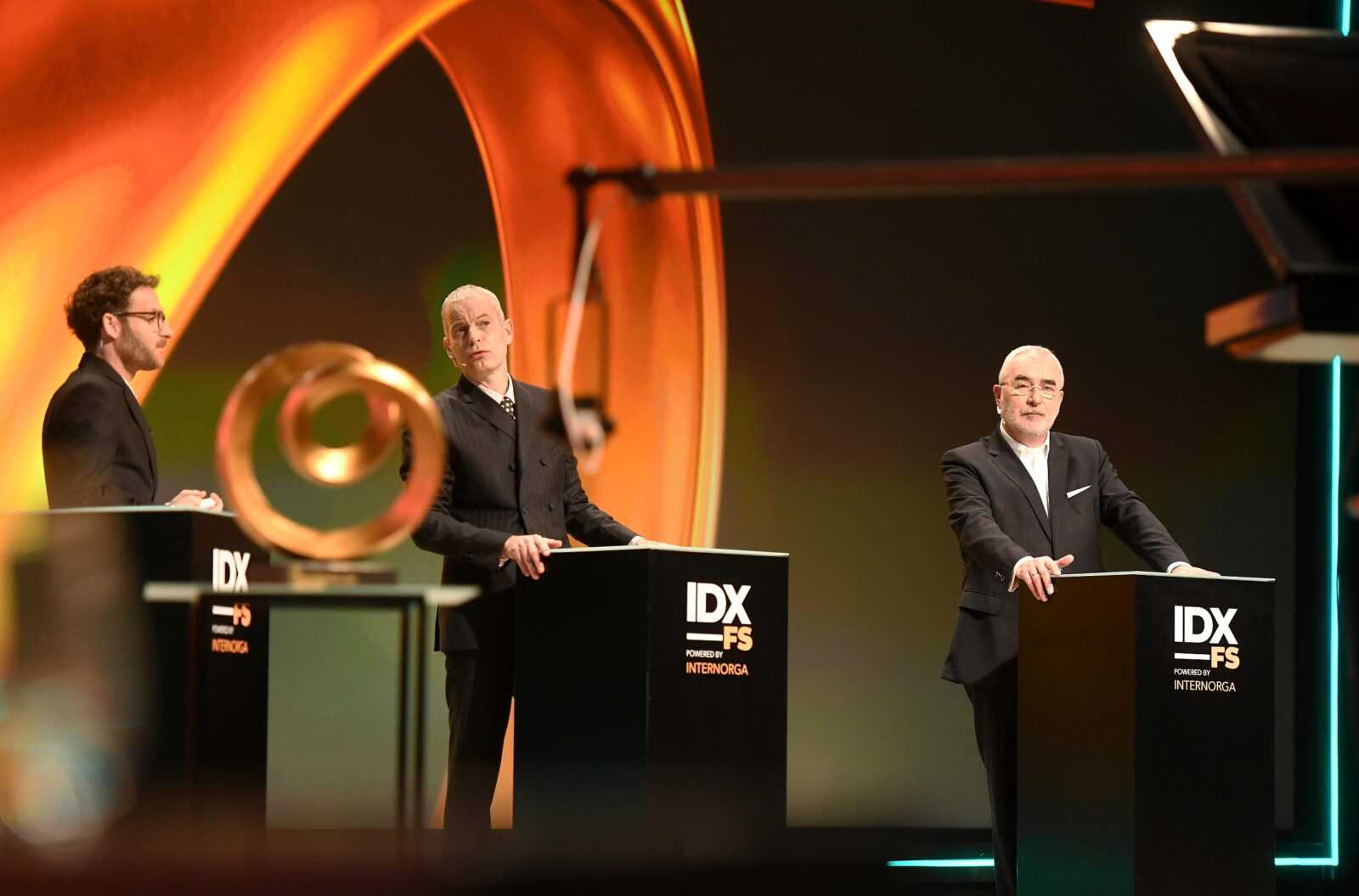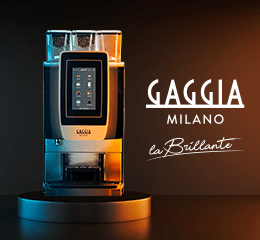HAMBURG, Germany – The winners of the renowned INTERNORGA Future Prize have been announced. This year, the award ceremony, which was originally due to be held in 2020, took place digitally for the first time, in what was its tenth edition. As part of the IDX_FS International Digital Food Services Expo powered by INTERNORGA (IDX_FS Expo), the award ceremony was broadcast from a studio in the Hamburg exhibition halls on the first day of the event.
As is the case every year, particularly future-oriented concepts were recognised in the categories ‘Technology & Equipment’, ‘Food & Drink’ and ‘Gastronomy & Hotel Sector’.
Once again this year, the quality of the entrants was outstanding. The expert jury of scientist Dr J. Daniel Dahm, graduate engineer Carl-Otto Gensch, nutritionist Rainer Roehl, trend researcher Hanni Rützler, and Bernd Aufderheide, Chairman of the Management Board of Hamburg Messe und Congress GmbH, named the following companies as INTERNORGA Future Award winners:
- Food & Drink: Yuu’n Mee fine foods Vertriebs-GmbH
- Technology & Equipment: Gefässerie
- Gastronomy & Hotel Sector: Tress Gastronomie GmbH & Co. KG
Since 2011, the INTERNORGA Future Award has been given out to companies that stand out due to a particularly innovative sustainability strategy, high efficiency and responsible action.
When awarding the prize, INTERNORGA regularly sets standards for a future-ready foodservice and hospitality market. ‘With the INTERNORGA Future Award, we want to accelerate sustainable and future-ready development and thank those who demonstrate what innovative solutions are possible. We are particularly focused on encouraging, supporting and rewarding exhibitors, customers and partners in their entrepreneurial innovation processes,’ says jury chairman Dr J. Daniel Dahm. Companies of all sizes were able to apply – from new, up-and-coming start-ups to established medium-sized businesses and traditional family companies.
The winners of the INTERNORGA Future Award:
Category ‘Food & Drink’: Yuu’n Mee fine foods Vertriebs-GmbH
The Austrian company’s flagship project is sustainably grown shrimp from the protected mangrove forest in the Mekong Delta in Vietnam. The focus is on environmentally conscious management, social responsibility and the highest product quality. In the natural and resource saving ‘zero-input aquaculture’ they have put into practice, the shrimp are cultivated in their natural environment in a deliberately low stocking density and feed only on what nature provides.
There is no additional feeding – and no use of antibiotics. Mangroves and ponds close to nature form an intact ecosystem that serves as a natural basis for the life of the shrimp. The certified partner shrimp farms are subject to a state forest protection programme. The aim is to ensure the long-term survival of the ecosystem, which is also an essential foundation of the livelihoods and nutrition of the population.
Yuu’n Mee is a sustainable example of how food imports can also play a helpful role when it comes to protecting nature and conserving natural habitats. The culinary result of this sustainable form of shrimp farming is the highest product quality, a clean, natural taste and a firm bite.
Category ‘Technology & Equipment’: Gefässerie
Air conditioners and room humidifiers are rarely aesthetically beneficial. Die Gefässerie offers a likeable alternative to these technical solutions: the living plant wall is a modular system that uses interchangeable plant cassettes to bring natural vibrancy to indoor and outdoor spaces.
The modules are planted and cultivated in advance and can be mounted on facades and walls – either in private residences or in commercial enterprises such as hotels or restaurants. Irrigation is automatic: each cassette row is placed in a gutter profile, which also serves as a water reservoir.
Through the capillary effect, the plants draw water from the gutter. Due to the oxygen production and binding of fine particles, the green walls contribute to a healthy indoor climate and are temperature-insulating. They also have a positive effect on room acoustics.
With this sensorial and attractive design idea, Die Gefässerie creates living habitats that strengthen the perception and appreciation of nature, as well as our own well-being. In urban everyday life in particular, the living plant walls contribute to a better quality of life. In keeping with trends such as urban farming and urban gardening, they are transforming our traditional notion of nature in the city in a skilful and aesthetically pleasing way.
Category ‘Gastronomy & Hotel Sector’: Tress Gastronomie GmbH & Co. KG
The family-owned company Tress works strictly according to Demeter guidelines on its organic farm with accompanying restaurant. In combination with the organic production plant, which offers products from organic crop and livestock farming, a diverse medium-sized company has developed. At Tress, ‘imperfect’ vegetables, which elsewhere would serve as animal feed at best, are used to make tasty soups that are already available from German food retailers.
All the potatoes and carrots come from local producers, some of them straight from the fields of the Tress family. Only entire animals are processed in the restaurant – in line with the ‘nose to tail’ principle. Cattle, pigs and lambs come from farms in the neighbourhood and are slaughtered at a nearby butcher. The prime cuts go on the menu of the organic restaurant ‘Rose’.
Joints for roasting are processed in the organic restaurants ‘Heimatküche’ and ‘Gasthof Friedrichshöhle’.
Organic markets offer products such as chili con carne and pork stew. This allows guests and customers of Tress to enjoy meat with excellent quality in ethical, ecological and taste terms. This versatile overarching business concept makes Tress a flagship company demonstrating that culinary concepts can be both down-to-earth and innovative, original and holistic, economically successful and ecologically sensible.














